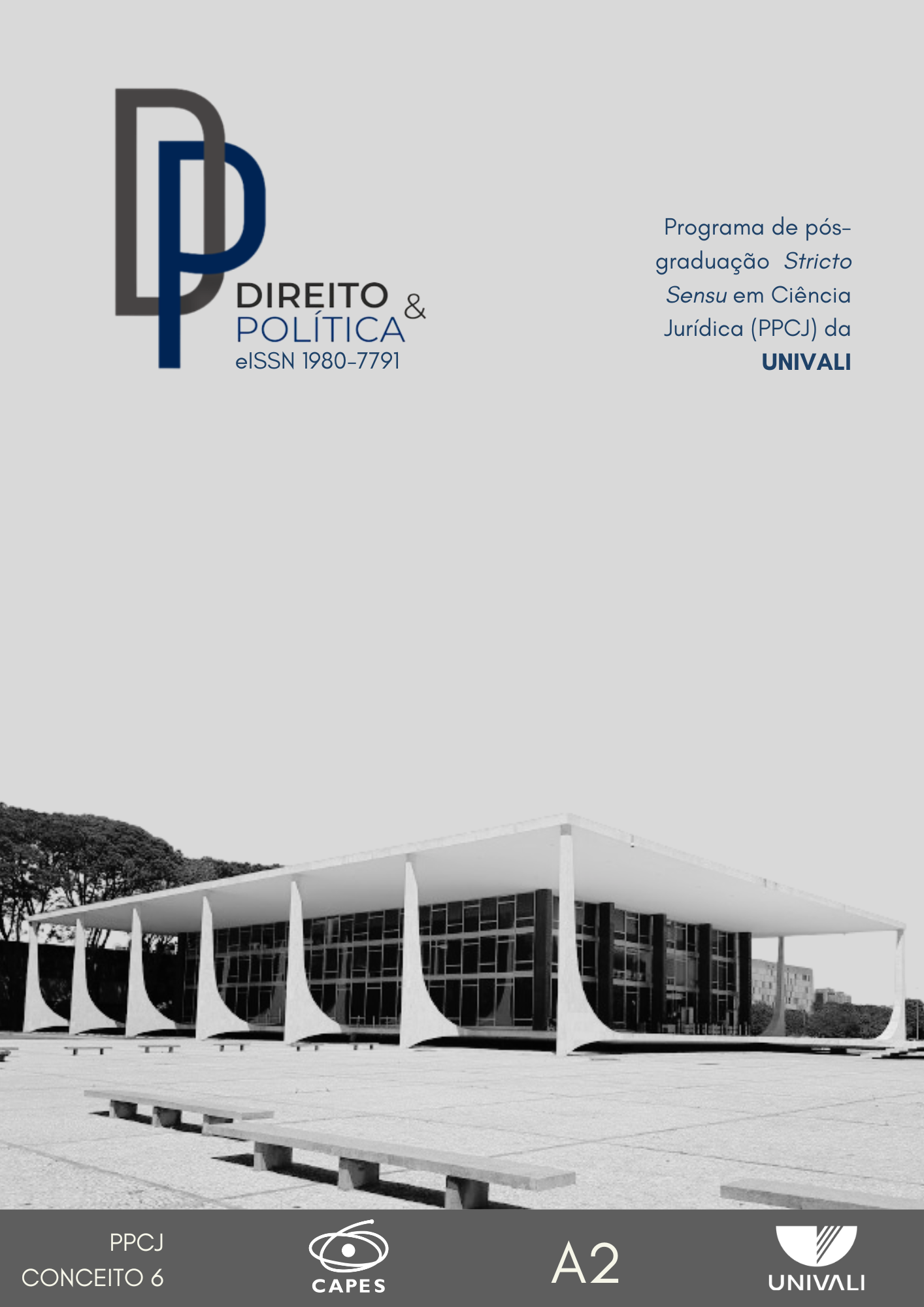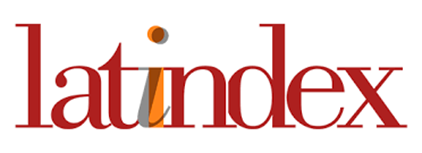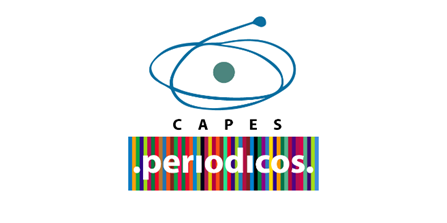ABERRAÇÃO JURÍDICA DO CONTRATO DE PRESTAÇÃO DE SERVIÇOS DO SUBMUNDO DA CIBERCULTURA
DOI:
https://doi.org/10.14210/rdp.v19n2.p224-245Palavras-chave:
submundo da cibercultura, violência contra mulher, cibercultura, Contrato de trabalho, sites eróticosResumo
Contextualização do tema: O conceito submundo da cibercultura refere-se a bases tecnológicas, regidas por proprietários ocultos, organizados em regime de oligopólio cibercultural, estruturadas em sites de pornografia, webcamming e packs eróticos. Os efeitos danosos — no Brasil e no mundo — do mencionado submundo estão diretamente relacionados à violência contra a mulher. Até o presente momento, a investigação e a denúncia contra as negligências empresariais inaceitáveis deste modelo de negócios são escassas. Outrossim, as discussões sobre a temática focam no trabalho sexual na rede, isto é, reflexões sobre quem consome o conteúdo erótico e/ou de quem o produz. A violência sistêmica dos atores sociais (mandantes ocultos e capatazes) envolvidos na engrenagem não é capturada por este tipo de abordagem. É importante expor que o submundo da cibercultura opera a partir de um modelo de negócios abandonado pelo sistema jurídico global cujo contrato de prestação de serviços condiciona a vítima à autorização — de forma gratuita e sem qualquer ônus, em caráter total, definitivo, irrevogável e irretratável — do uso da sua imagem, da coleta de dados e do compartilhamento de informações pessoais em websites eróticos, responsabilizando-se por qualquer dano moral, sexual, patrimonial e/ou existencial que sofra na plataforma[1]. Na comunicação publicitária, toda violência contra a mulher é propositalmente confundida com "empoderamento da mulher". A desinformação sobre o modus operandi desta indústria no ciberespaço espalha risco de confundir aprisionamento vitalício com liberdade sexual. A gravidade do fato está acima de qualquer questionamento.
Objetivos: Objetiva-se trazer as operações sigilosas do submundo da cibercultura para a alfândega universitária com a finalidade de leitura dos termos de prestação de serviços e dos discursos mediáticos do setor com a devida consciência. Entende-se que o submundo da cibercultura não foi previsto pelos institutos legais brasileiros. Todavia, os princípios que definem violência contra mulher, uso indevido de imagem e exploração do conteúdo pela mídia digital estão presentes na legislação brasileira. Portanto, há necessidade de se iniciar o debate sobre como responsabilizar os mandantes das empresas que detém o controle do submundo adulto na rede.
Metodologia: A metodologia deste artigo envolve revisão da literatura acadêmica em associação à análise de conteúdo de mídia social à luz dos institutos legais brasileiros e tratados internacionais aos quais o Brasil é signatário: Constituição Federal Brasileira de 1988, Código Civil Brasileiro, Código Penal Brasileiro, Declaração Universal dos Direitos Humanos (DUDH), Marco Civil da Internet (Lei nº 12.965/2014), Lei Maria da Penha (Lei nº11.340/2006) e Lei Geral de Proteção de Dados (LGDP/ Lei nº13709/2018). Objetiva-se identificar padrões, inconsistências e tentativas de dissuadir ou encobrir a irregularidade do contrato de prestação de serviços do site brasileiro Câmera Privê/OnCam/Transaciona[2] pela comunicação publicitária proposta no perfil da empresa no X (antigo Twitter)[3].
Resultados: Considerando a fração conhecida do fenômeno, percebe-se que a atual pesquisa tem feito descobertas de significativa relevância para o campo das Ciências Jurídicas a partir da investigação sobre como o submundo adulto atua no Brasil e no mundo. O percurso da dominação ideológica dos sujeitos por grandes oligopólios e sua relação com o cálculo frio de métricas de consumo, não é invenção do submundo. A novidade desta pesquisa debruça-se sobre o desvelar de uma engrenagem sistêmica violenta específica que até então não foi sequer mapeada. Tendo em vista que o avanço tecnológico é exponencial e inevitável, considera-se que a falta de legislação contribui para a ascensão dos vetores perversos da indústria adulta digital.
Downloads
Referências
Referências
ARENDT, Hannah. O sistema totalitário. Lisboa: Dom Quixote, 1978.
______. Eichmann em Jerusalém: um relato sobre a banalidade do mal. 1ª ed. São Paulo: Companhia das Letras, 1999.
BRASIL. Constituição (1988). Constituição da República Federativa do Brasil. Brasília, DF: Senado Federal, 2016.
BRASIL. Decreto-Lei nº 2.848, de 7 de dezembro de 1940. Código Penal Brasileiro. Brasília, DF: Senado Federal, 1940.
BRASIL. Lei nº 10.406, de 10 de janeiro de 2002. Código Civil Brasileiro. Brasília, DF: Senado Federal, 2002.
BRASIL. Lei nº 11.340, de 7 de agosto de 2006. Lei Maria da Penha. Brasília, DF: Presidência da República, 2006.
BRASIL. Lei nº 12.965, de 23 de abril de 2014. Marco Civil da Internet. Brasília, DF: Presidência da República, 2014.
BRASIL. Lei nº 13.709, de 14 de agosto de 2018. Lei Geral de Proteção de Dados (LGPD). Brasília, DF: Presidência da República, 2018.
BAUDRILLARD, Jean. Simulacros e simulação. Lisboa: Relógio d'Água, 1991.
CASTORIADIS, Cornelius. A instituição imaginária da sociedade. Rio de Janeiro: Paz e Terra, 1986.
CHAUÍ, Marilena. Participando do debate sobre mulher e violência. In: Perspectivas Antropológicas da Mulher. São Paulo: Zahar Editores, 1985.
______. O que é ideologia? Aula magna com transmissão no dia 07 de abril de 2023. Disponível em: https://event.webinarjam.com/t/click/m193lanzu2w9u03xprs9yvz5c6v79xc465hg. Acesso em 07.abr.2023.
BORDIEU, Pierre. O poder simbólico. Rio de Janeiro: Bertrand Brasil, 2004.
TRIVINHO, Eugênio. A dromocracia cibercultural: lógica da vida humana na civilização mediática avançada. São Paulo: Paulus, 2007.
______. A pós-indústria da infantilização digital. In: Revista Cult, 18 de outubro de 2021. Disponível em: https://revistacult.uol.com.br/home/industria-infantilizacao/. Acesso em 28/04/2024
Downloads
Publicado
Como Citar
Edição
Seção
Licença
Na qualidade de autor(es) da colaboração, original e inédita, sobre o qual me(nos) responsabilizo(amos) civil e penalmente pelo seu conteúdo, após ter lido as diretrizes para autores, concordado(amos) com o Regulamento da Revista Eletrônica Direito e Política e autorizo(amos) a publicação na rede mundial de computadores (Internet), permitindo, também, que sua linguagem possa ser reformulada, caso seja necessário, sem que me(nos) seja devido qualquer pagamento a título de direitos autorais, podendo qualquer interessado acessá-lo e/ou reproduzi-lo mediante download, desde que obedeçam os Direitos Autorais.


















